PEOPLE APPEAR FROM NOTHING
a video by Teemu Mäki
(number one of the Leningrad essays and poems)
back to Teemu Mäki's video works
30 minutes 20 seconds
September–October 2003
16:9 widescreen, production format DV
Ⓒ Teemu Mäki
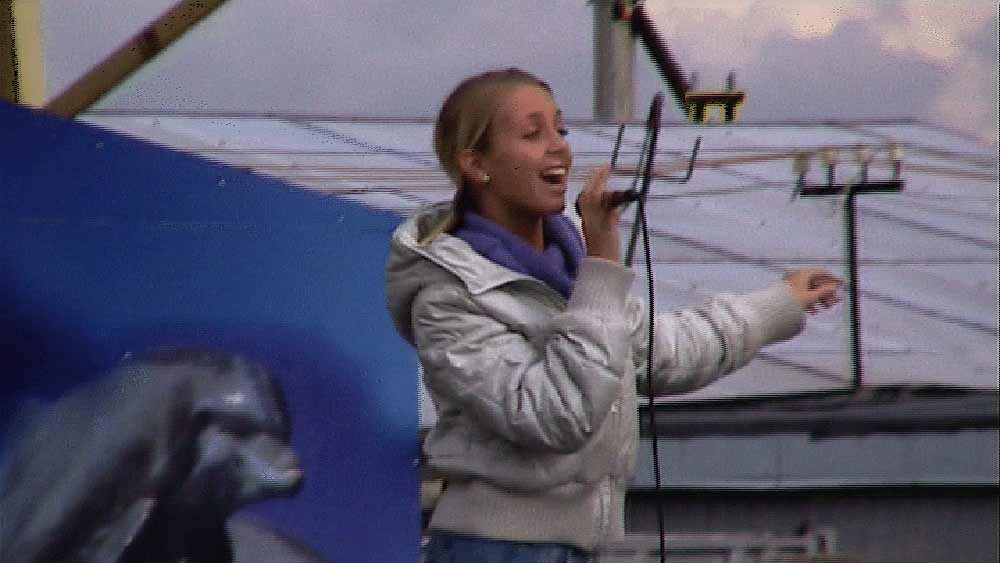 |
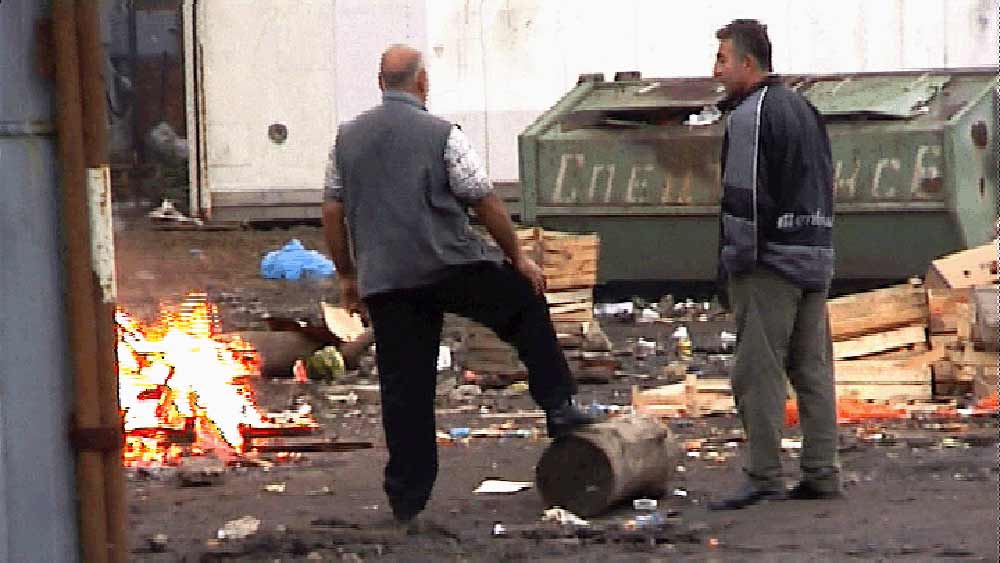 |
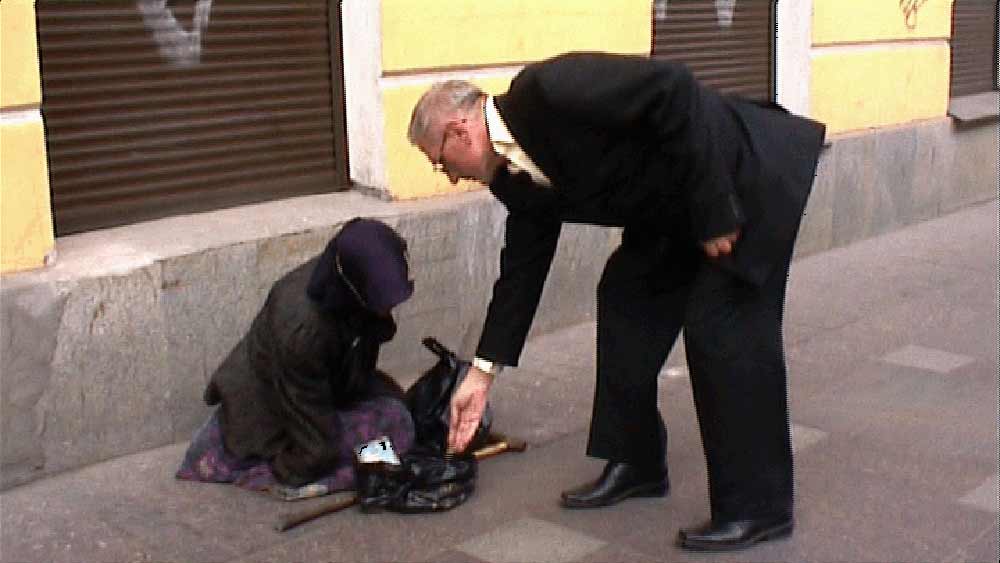 |
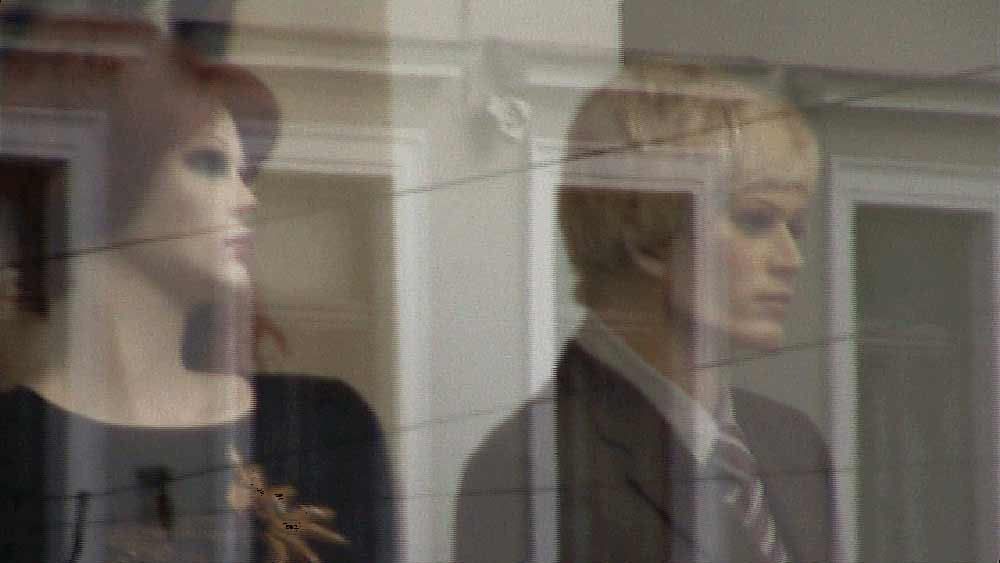 |
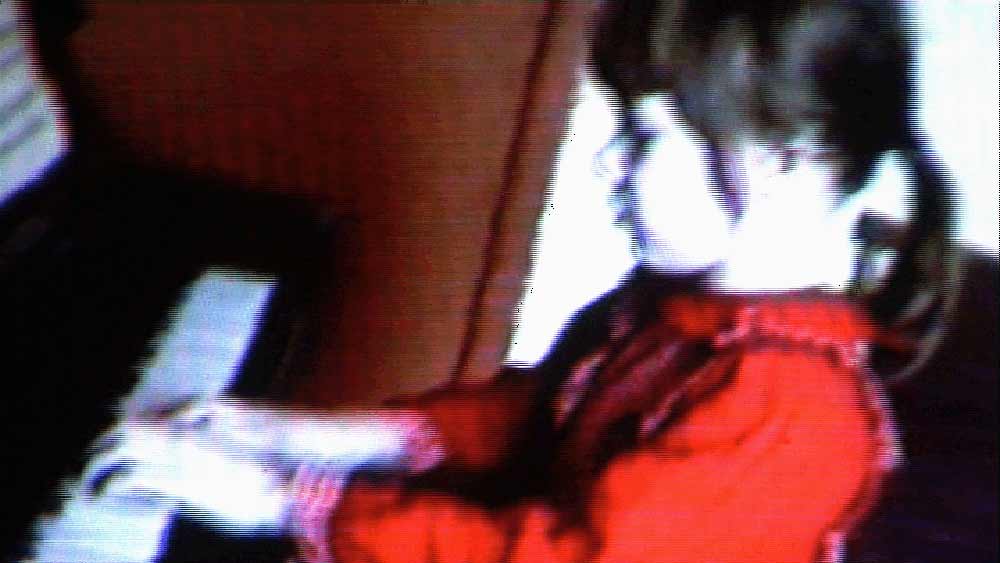 |
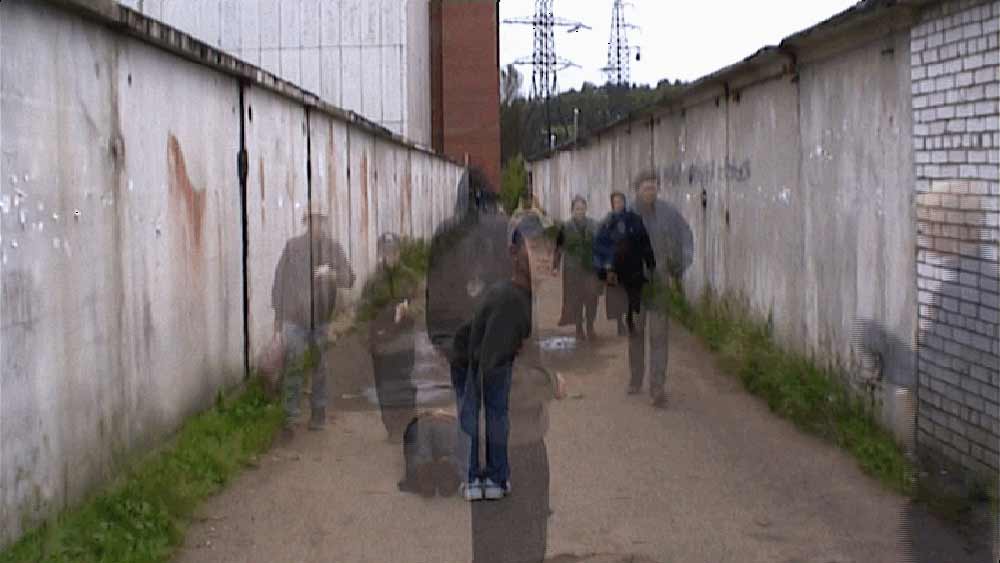 |
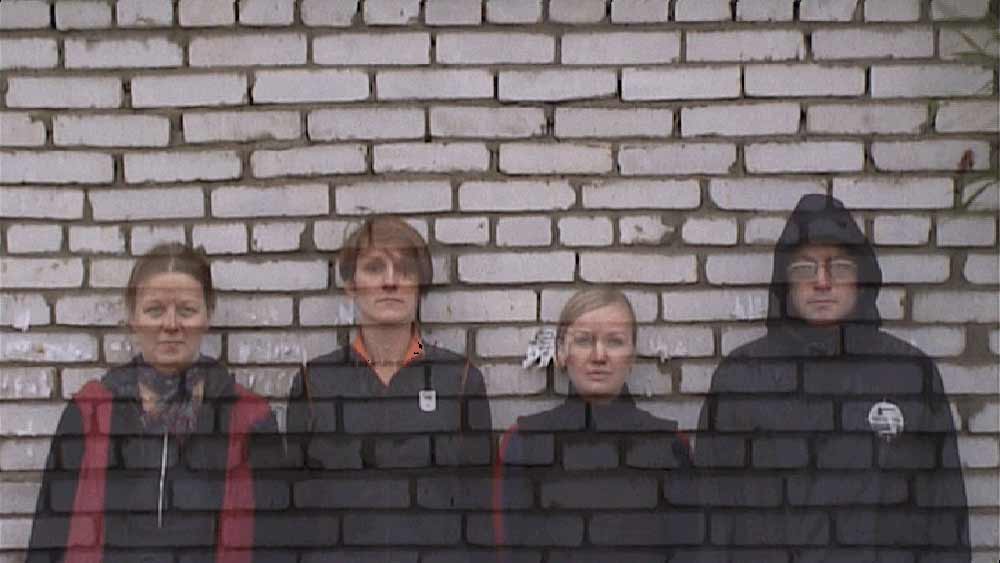 |
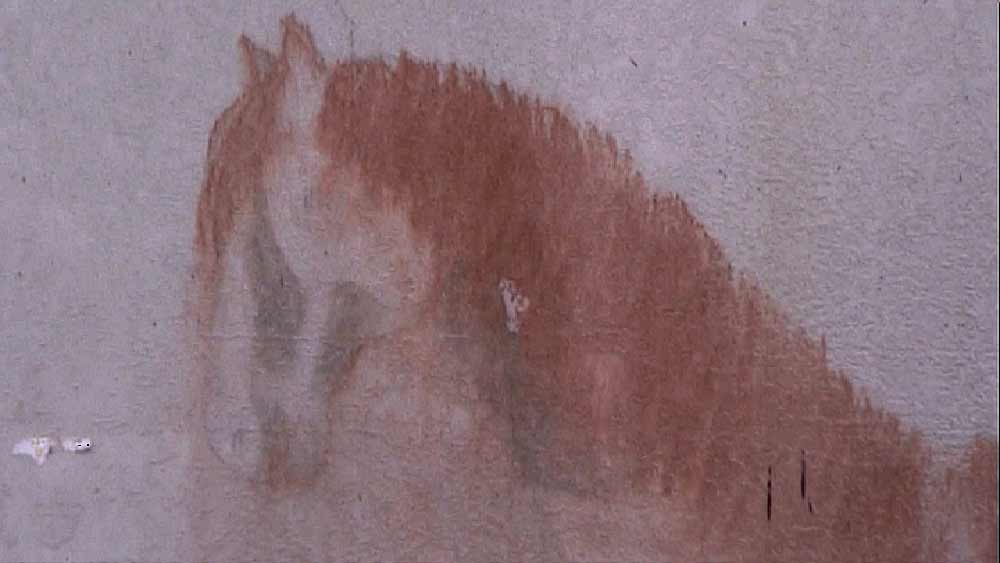 |
| <<< previous | The film’s starting point was this question: ”Is philosophical existentialism valid in a society that has the world's fastest growing income disparity?” Then came a childhood memory – included in the video as a voice-over monologue – that I connected to the exaggerated architectonical perspectives found everywhere in St. Petersburg: As a child, my favorite TV-program was a quiet British series called THE UNDERGROUND ARMY. If I remember correctly, it was about underground resistance in a small Dutch town during the Second World War. Actually it was TV-theater, nearly always took place in the same interior, in a restaurant that was the favorite local night-out for the occupying German soldiers. The restaurant owner’s family and friends were the underground resistance, living a double life, trying to get along with the Germans while secretly helping the shot down allied pilots to escape to England. Like in any endless TV-series, there was no progress in the story line, the war seemed to go on forever, an endless stream of pilots dropping from the night sky and underground resistance sneaking them back across the English channel on small boats at night, again and again. However, the most touching part of the series for me were the landscape images always repeated during the titles, in the beginning and in the end of the program. I still remember them well, but next to nothing from the series itself. The images were of roads, streets, railway tracks, canals, tunnels and ditches. The road was always totally straight and it had been filmed so that it led to the vanishing point of the perspective in the middle of the symmetrical image. Thus the road or whatever became the line perspective’s physical embodiment. There were no people in the images, and in the horizon, where the road led, there was nothing. I think that precisely the fact that there was nothing in the distance, no castle of the dreams or a pot of gold in the end of the rainbow, was moving. The tension between the intense suction of the exaggerated perspective and the void waiting in the horizon made me cry. The perspective aiming as far as the eyes could see was not so much a view to a wide open Dutch landscape, but instead a route to the void, projected by a person who realizes that life is objectively purposeless in the end - that it’s up to each individual him/herself to project a subjective meaning into it. As a child I probably did not rationalize it quite like this, but this is how I think I felt. Third idea, that gave the film its title, was an amusing anecdote told by Olga Sorokina. I will not repeat it here, because it’s not a written text, unlike the two text fragments above, but a spontaneously spoken one and should therefore be experienced as such. The main thing in the anecdote is a person’s ability to jump from mundane observations into metaphysical problems. Finally, the film is an homage, not only to my friend Olga, but also to two of my artistic heroes, the composer Dmitry Shostakovich and the pianist Tatyana Nikolaeva. In using two fragments of their music in this film I wanted to focus on the philosophical, existentially questioning nature of there art. – Script, camerawork, audio recording and editing: Teemu Mäki Performers: Julia Bylenok, Elena Dergacheva, Teemu Mäki, Outi Pulkkinen, Dmitry Uhanov and Olga Sorokina and her family Music: Dmitry Shostakovich, Boris’s aria from Cheryomushki, singer unknown, J. S. Bach, Invention BWV 733, Tatyana Nikolaeva, piano Portrait painting (of Petra): Teemu Mäki Horse painting on the wall: painter unknown Filmed and edited in Avtovo, Griboyedova, Nevski Prospekt, Pionerskaya and Staraya Derevna in St. Petersburg, Russia, September-October 2003, during Teemu Mäki's NIFCA (Nordic Institute for Contemporary Art) PUNKT residency. Dedicated to my friend Olga Sorokina. Teemu Mäki thanks AVEK / The Promotion Centre for Audiovisual Culture in Finland for support I was in St. Petersburg on a artist-in-residence grant. I am a moral relativist, vitalist but also a socialist – and St. Petersburg is my favorite city on earth. So I decided to start a video series with the title Leningrad Essays and Poems, to deal with these apparent paradoxes in both myself and in the city that is loaded with both czaristic and communistic ideas and histories. People Appear from Nothing is the first chapter in this series. | next >>> |
PAINTING & DRAWING PRINTMAKING PHOTOGRAPHY VIDEO INSTALLATION THEATER & PERFORMANCE TEXT CV links